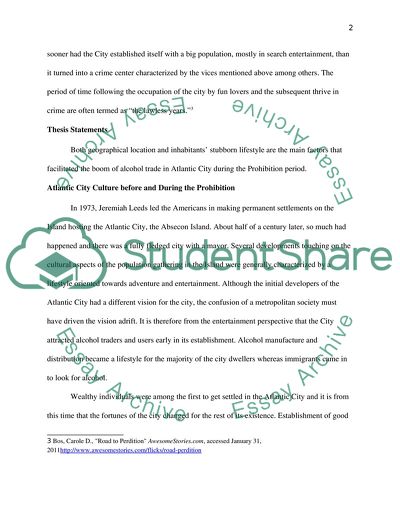Cite this document
(The Trade of Alcohol in Atlantic City during the Prohibition Research Paper, n.d.)
The Trade of Alcohol in Atlantic City during the Prohibition Research Paper. Retrieved from https://studentshare.org/law/1748419-the-trade-of-alcohol-in-atlantic-city-during-the-prohibition
The Trade of Alcohol in Atlantic City during the Prohibition Research Paper. Retrieved from https://studentshare.org/law/1748419-the-trade-of-alcohol-in-atlantic-city-during-the-prohibition
(The Trade of Alcohol in Atlantic City During the Prohibition Research Paper)
The Trade of Alcohol in Atlantic City During the Prohibition Research Paper. https://studentshare.org/law/1748419-the-trade-of-alcohol-in-atlantic-city-during-the-prohibition.
The Trade of Alcohol in Atlantic City During the Prohibition Research Paper. https://studentshare.org/law/1748419-the-trade-of-alcohol-in-atlantic-city-during-the-prohibition.
“The Trade of Alcohol in Atlantic City During the Prohibition Research Paper”, n.d. https://studentshare.org/law/1748419-the-trade-of-alcohol-in-atlantic-city-during-the-prohibition.


